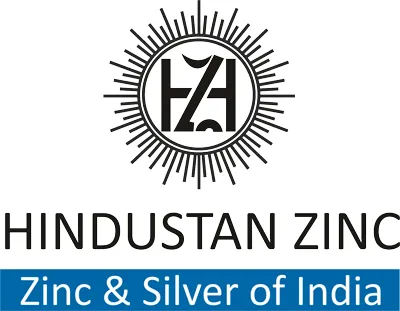
Ease of doing business: Karnataka, Centre repeal redundant laws

Madhya Pradesh Launches PM Shri Tourism Helicopter Service
Madhya Pradesh has achieved a national first by launching the PM Shri Tourism Helicopter Service, establishing India’s first intra-state air connectivity. Chief Minister Dr Mohan Yadav inaugurated the service at Raja Bhoj International Airport, Bhopal, marking a significant step towards transforming the state’s tourism infrastructure. Following the launch, four helicopters departed for Ujjain, symbolising the start of regional air tourism. The initiative, led by the Madhya Pradesh Tourism Board, will operate under a Public-Private Partnership (PPP) model, connecting the state’s key reli..

Garuda Aerospace CEO Honoured by Tamil Nadu Governor
Chennai, 3 November 2025: Agnishwar Jayaprakash, Founder and Chief Executive Officer of Garuda Aerospace, was felicitated by Tamil Nadu Governor Thiru R.N. Ravi for his exceptional contribution to India’s drone technology ecosystem. The recognition was presented during the Foundation Day celebrations of several States and Union Territories at Bharathiar Mandapam, Raj Bhavan, in Chennai. The honour acknowledges Jayaprakash’s leadership in strengthening the country’s unmanned aerial vehicle (UAV) capabilities and his efforts in harnessing technology for social good. He was also recognised..

Hindustan Zinc’s EcoZen Delivers 75 per cent Lower Carbon Emissions
Udaipur, 3 November 2025: Hindustan Zinc, the world’s largest integrated zinc producer and among the top five global silver producers, has reinforced its sustainability leadership with EcoZen, Asia’s first low-carbon zinc brand. The innovation achieves over 75 per cent lower carbon intensity than conventional zinc, setting new standards in green manufacturing and industrial decarbonisation. Produced using renewable energy and certified under REACH standards, EcoZen helps avoid an estimated 400 kg of carbon emissions for every tonne of steel galvanised. It supports India’s Viksit Bharat ..
















